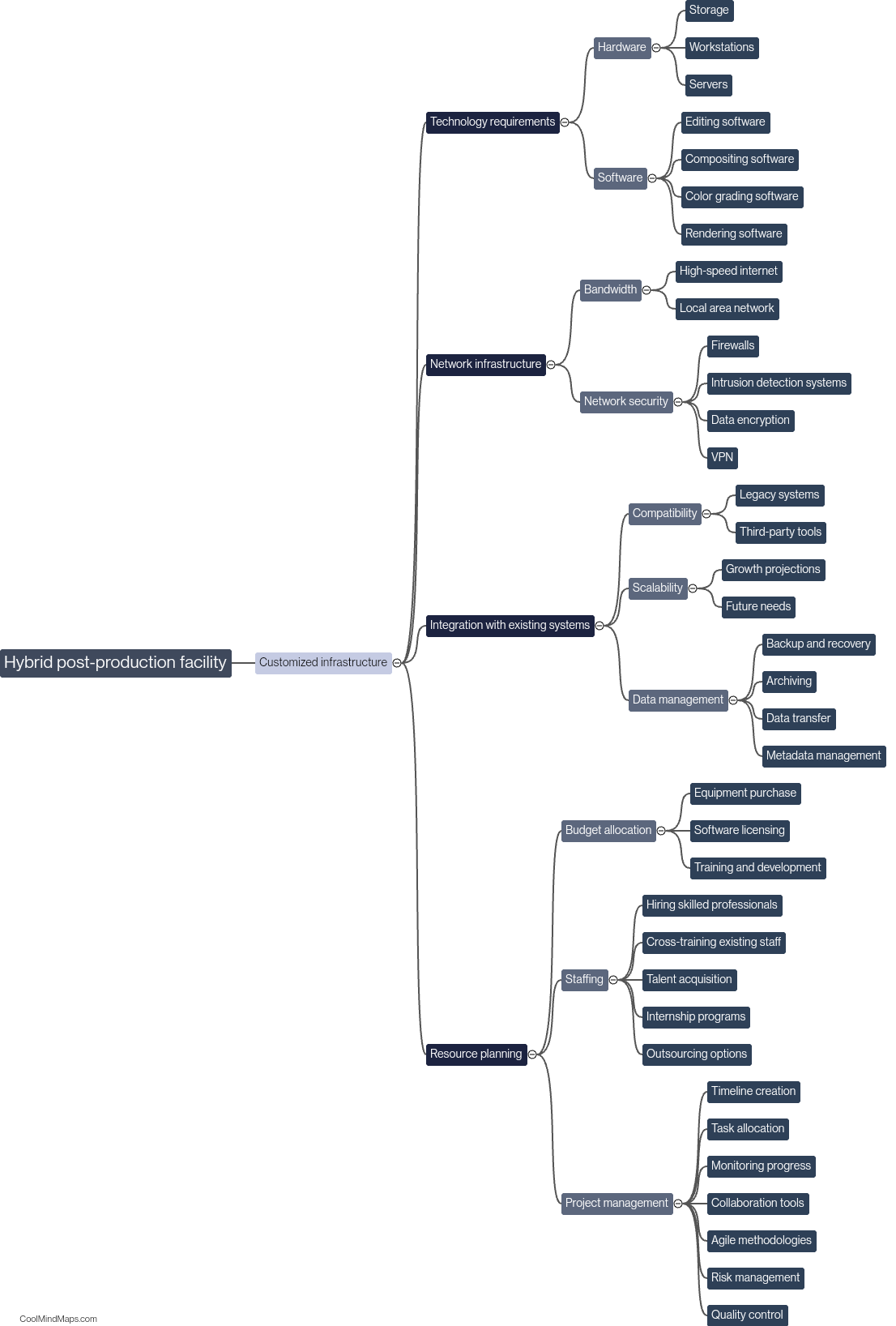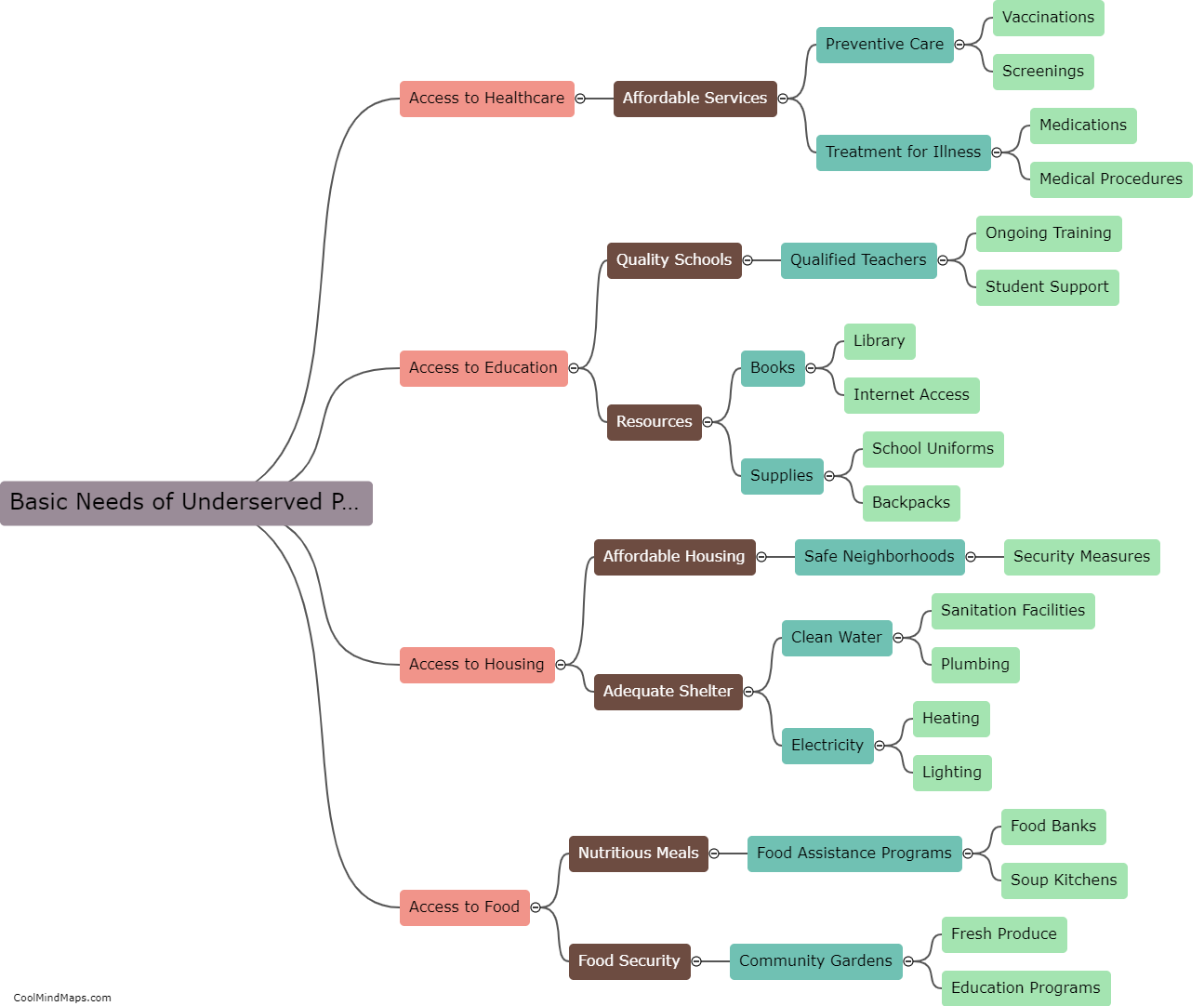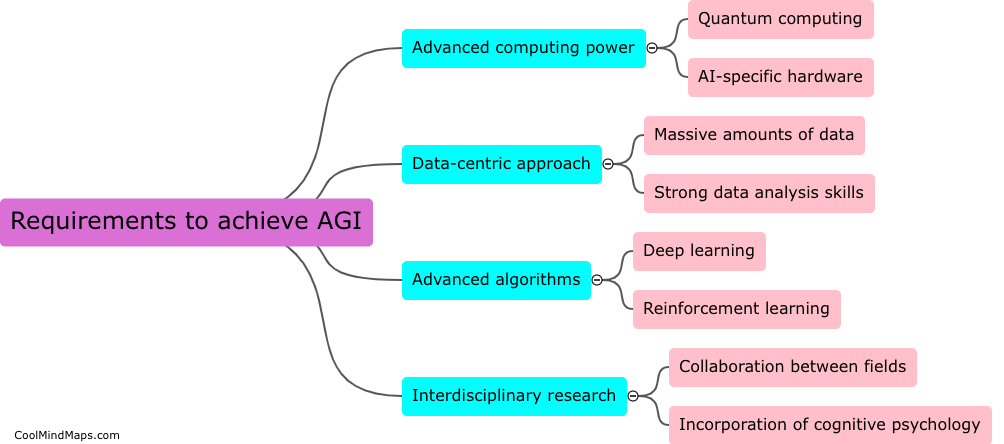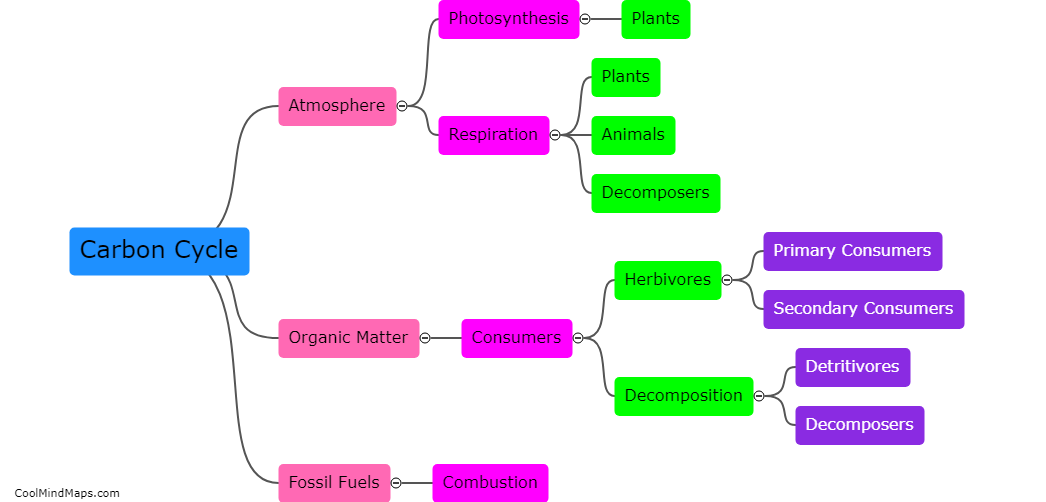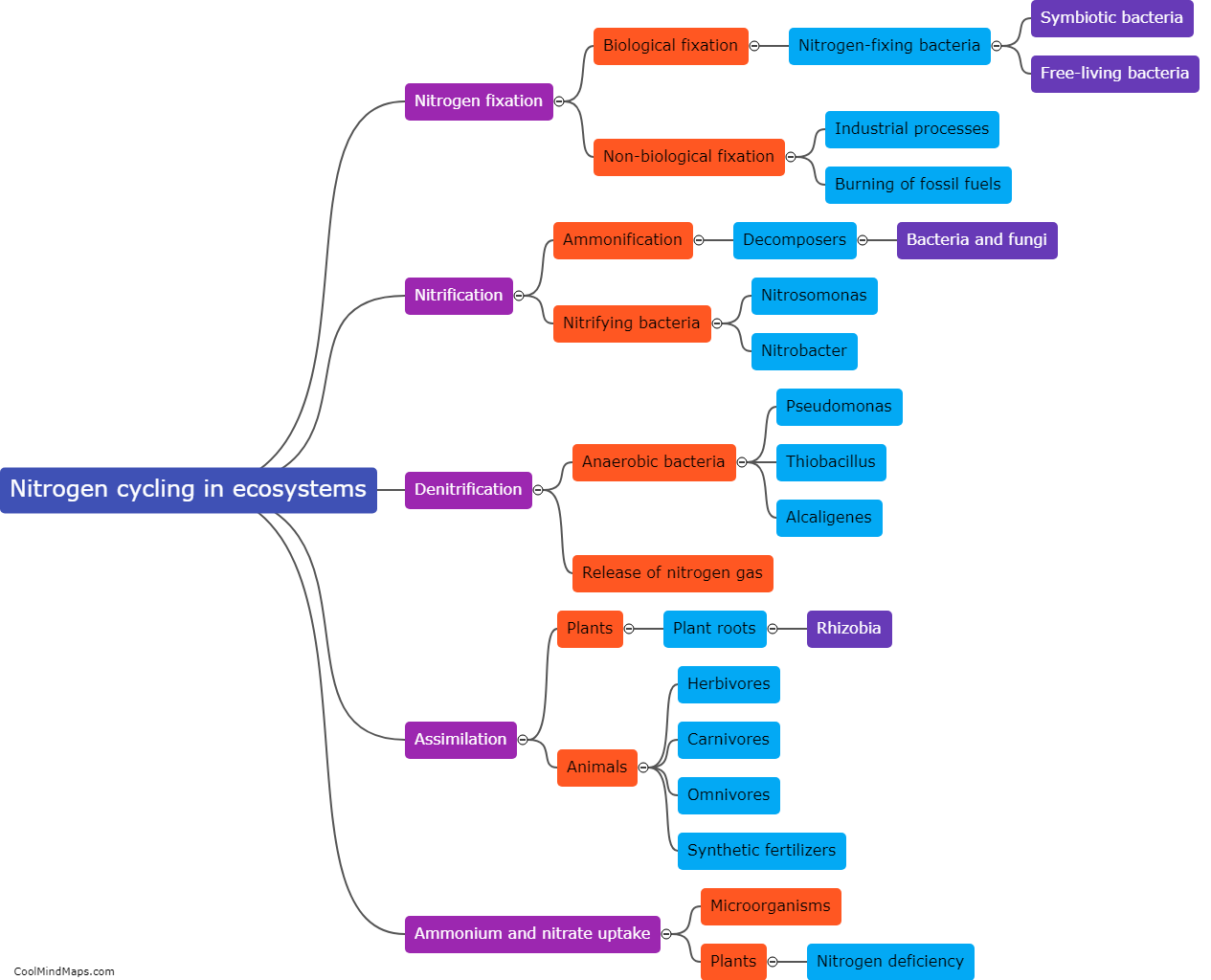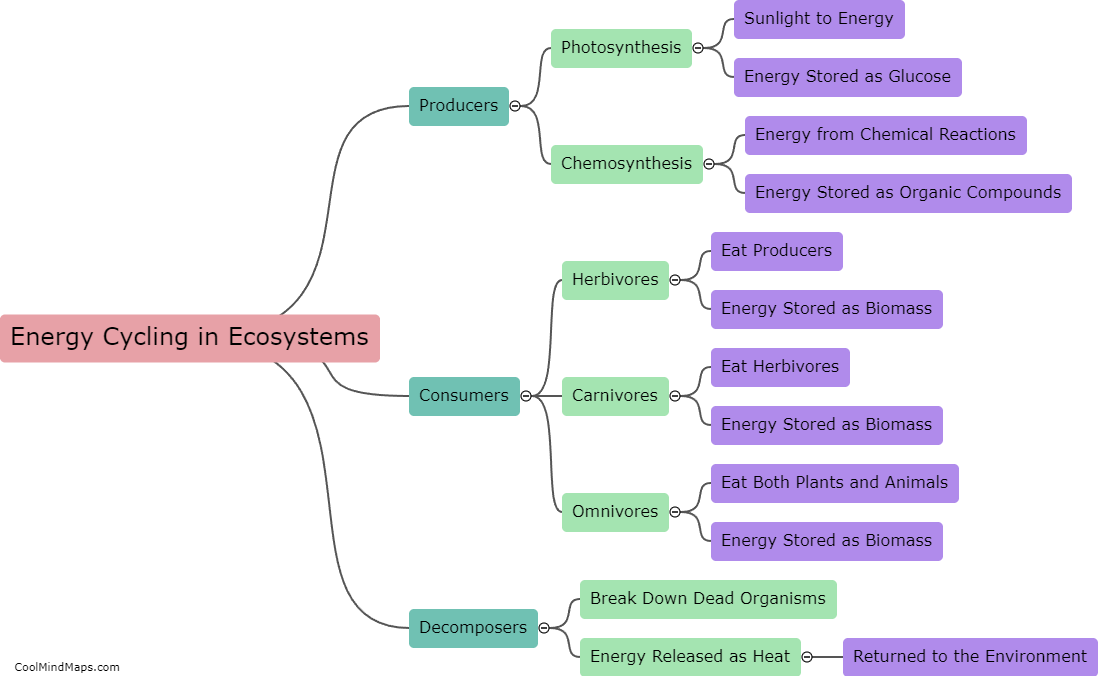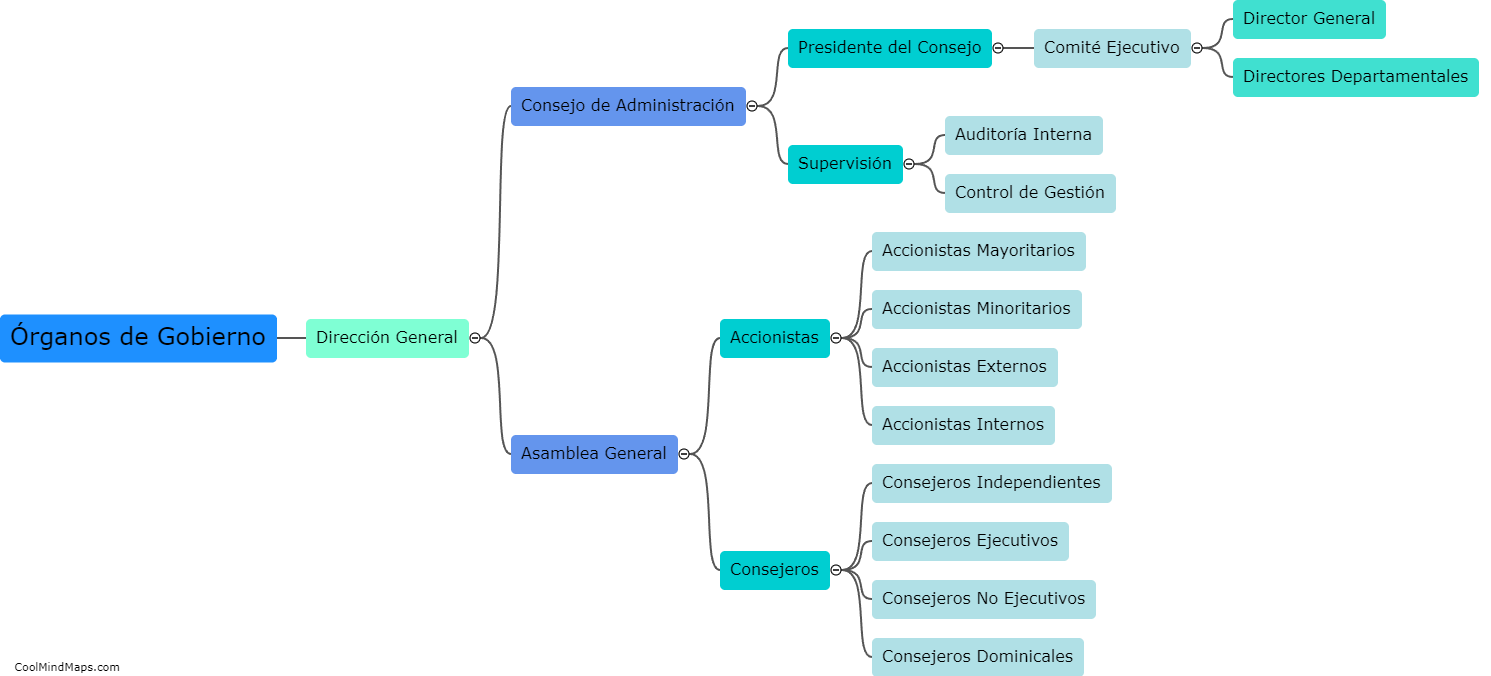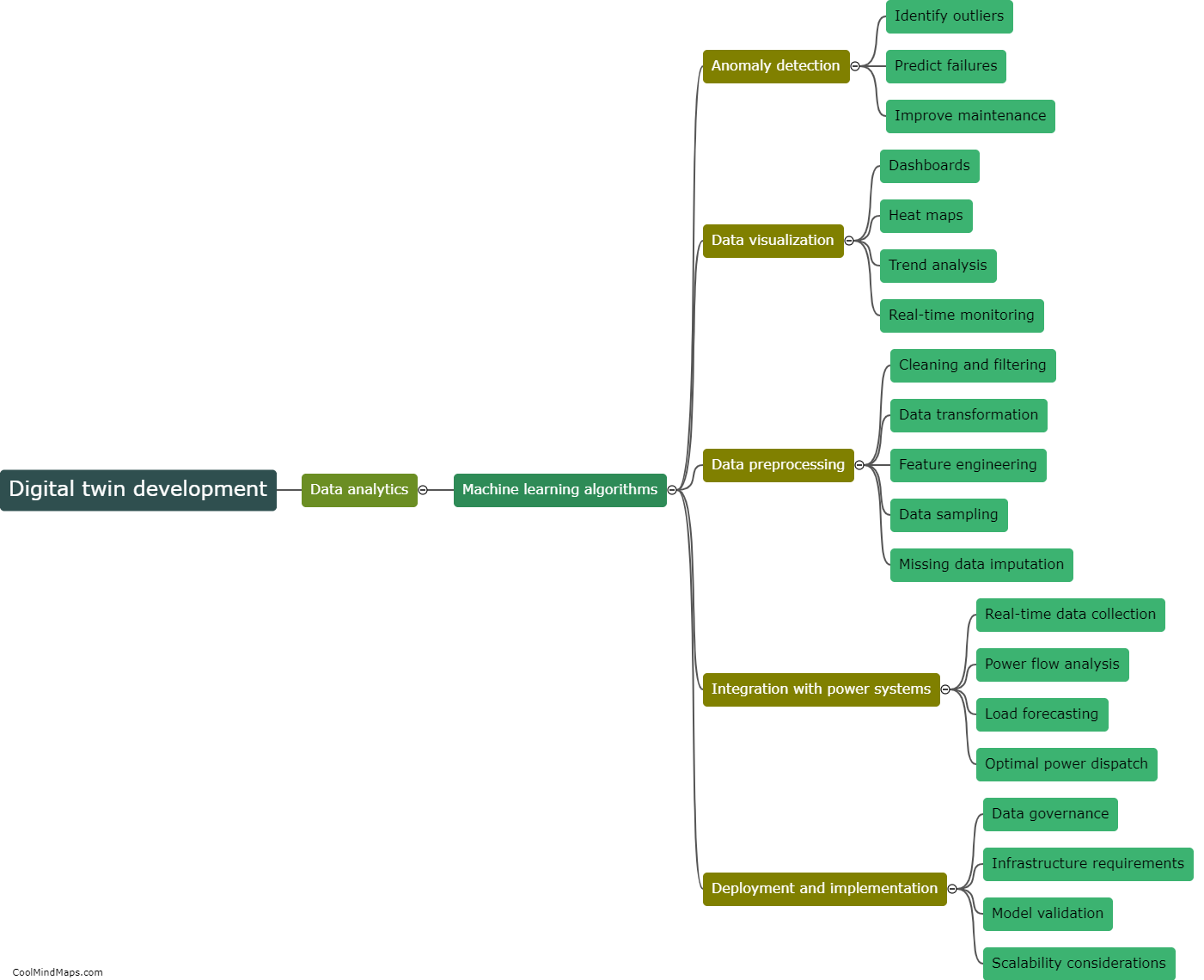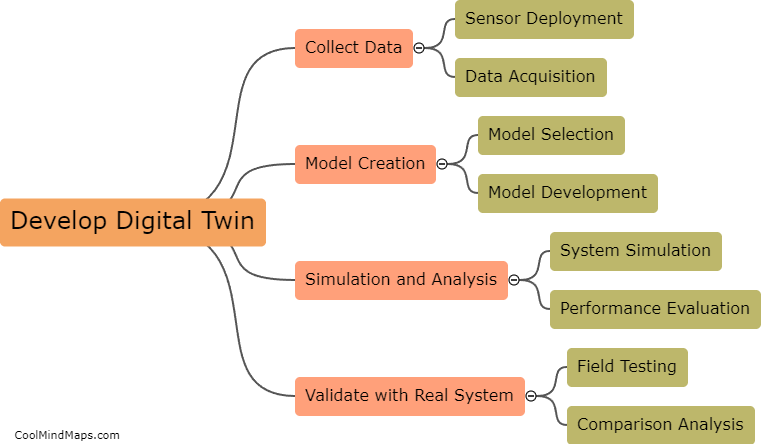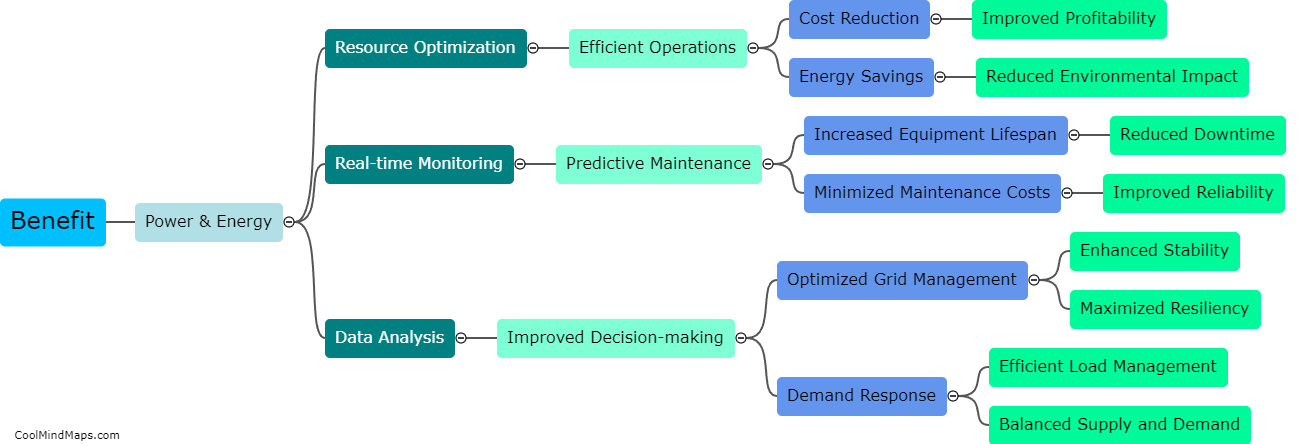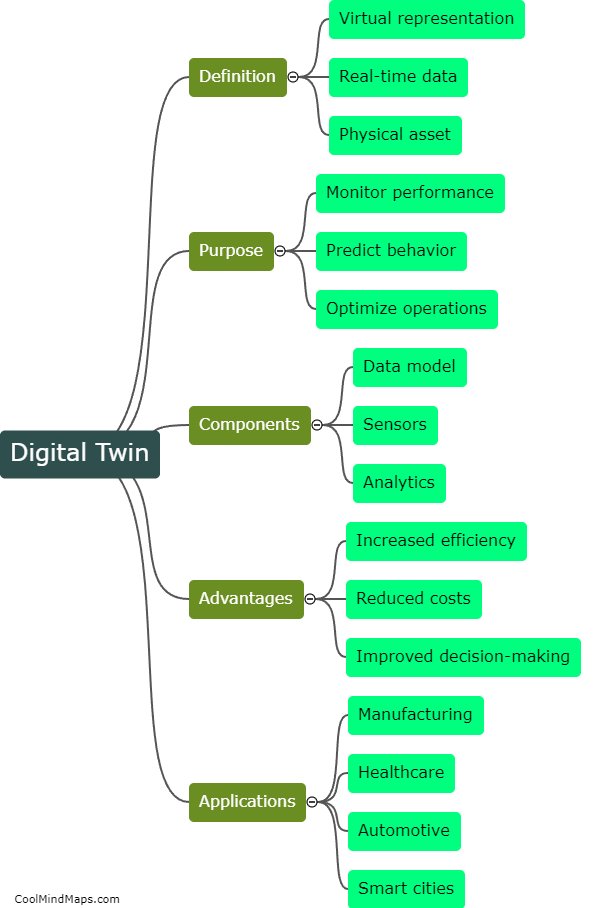What are the challenges and limitations of Digital twin implementation in power and energy systems?
Implementing digital twins in power and energy systems brings several challenges and limitations. Firstly, data collection and integration can be a daunting task as it requires gathering and integrating data from various sources and systems, often incompatible with each other. Ensuring data accuracy, reliability, and consistency is another challenge, as any errors or inconsistencies could lead to inaccurate simulation results and hinder the effectiveness of the digital twin. Furthermore, scalability can be an issue, especially when dealing with large and complex power and energy systems. As the systems grow in size and complexity, the computational power and storage required to simulate and maintain the digital twin also increase significantly. Additionally, security and privacy concerns arise when digital twins interact with real-time control systems, as any cyber-attacks or vulnerabilities could have serious implications on the functioning and safety of the power and energy systems. Overall, while digital twins offer great potential in improving the operation, efficiency, and maintenance of power and energy systems, addressing these challenges and limitations will be crucial for successful implementation.
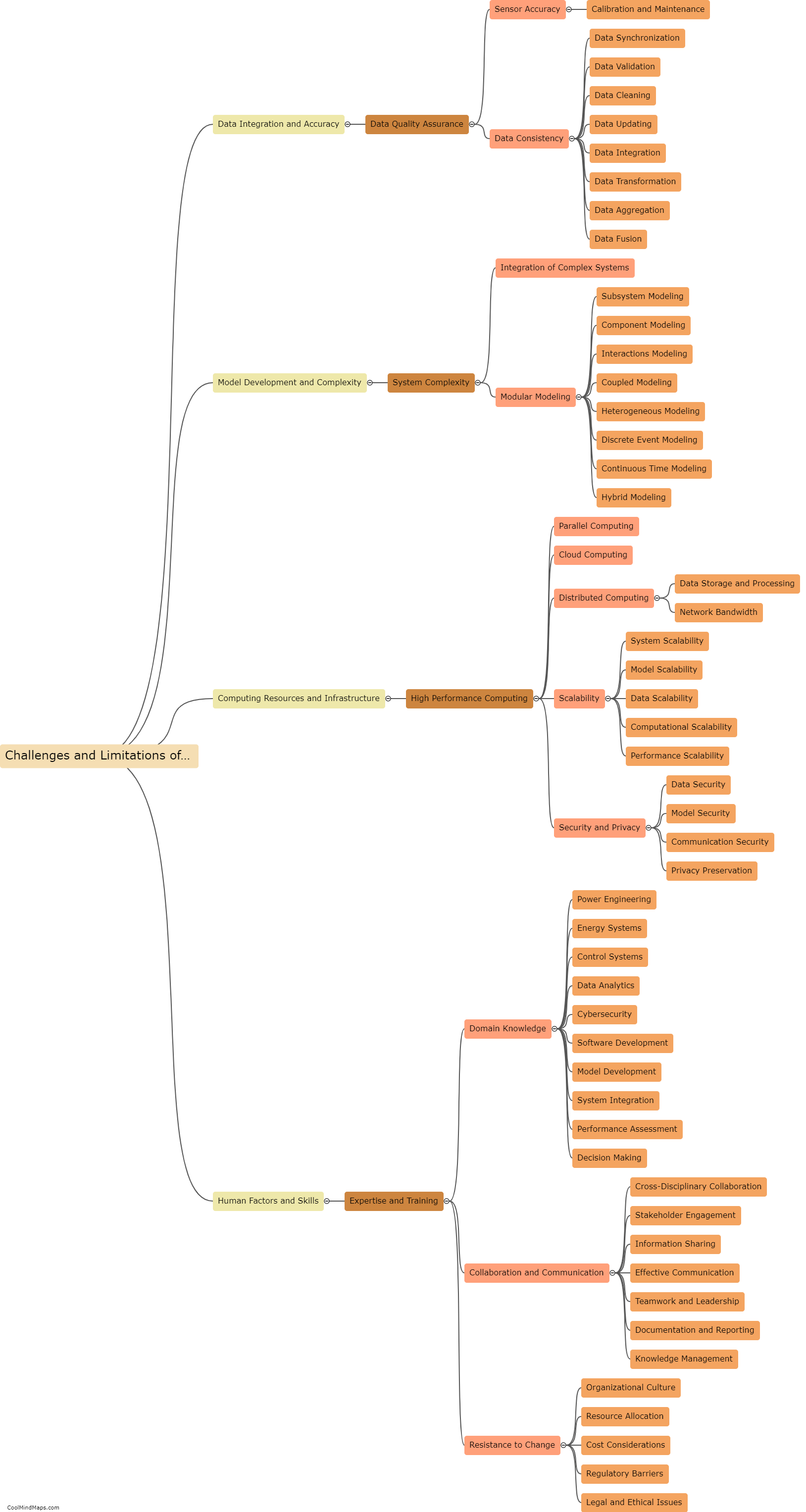
This mind map was published on 4 October 2023 and has been viewed 154 times.
